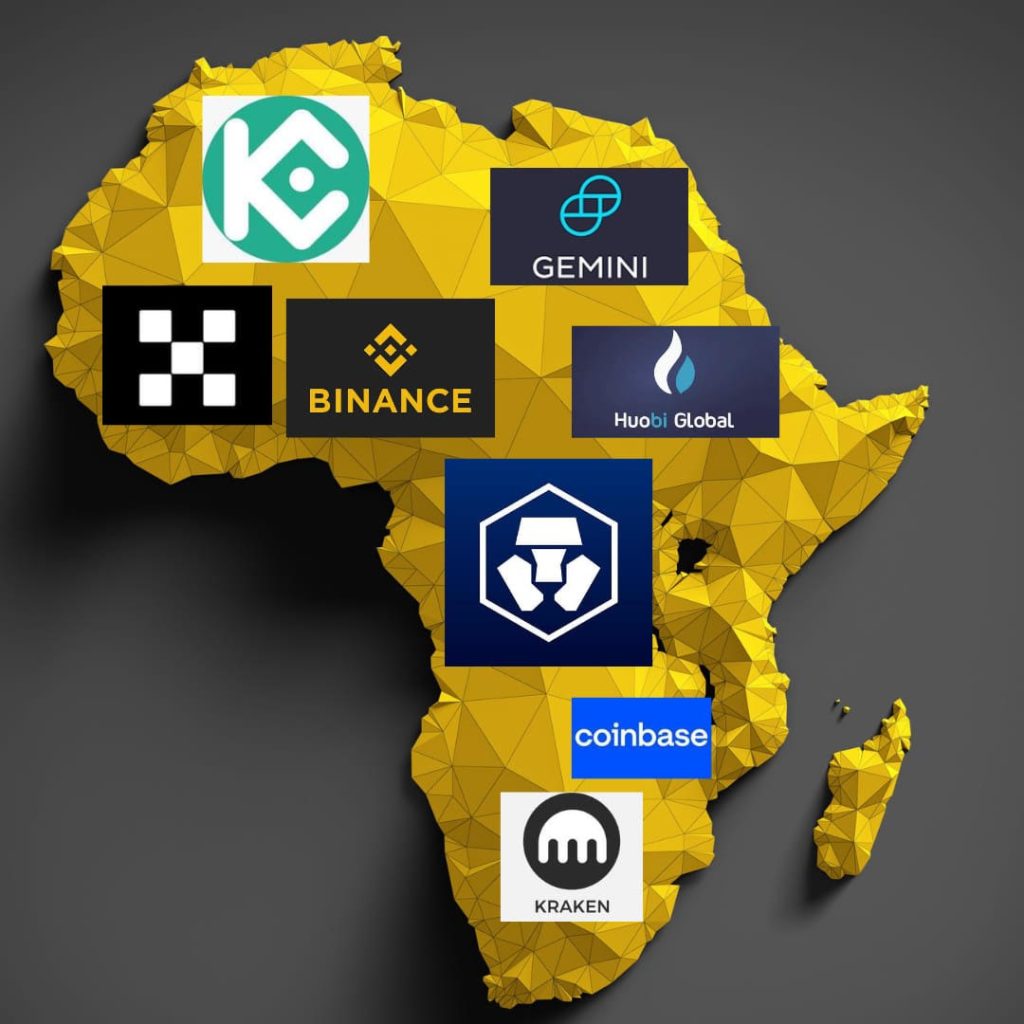The race to adopt cryptocurrencies is hitting new ceilings in Africa as their popularity increases, despite hostile policies from several governments in the continent.
One of the main reasons investors across the globe are seeking to diversify traditional assets in Africa into cryptos is to counter rising fiat inflation, with a majority of crypto investors and traders believing that crypto coins and tokens are safer and more secure than traditional investments such as gold, oil, stocks, liquid cash and real estate.
The roles that these cryptos and alternative coins play in society are not well defined, but they have a vivid description as each day passes as to which purposes they serve.
[elementor-template id="94265"]
